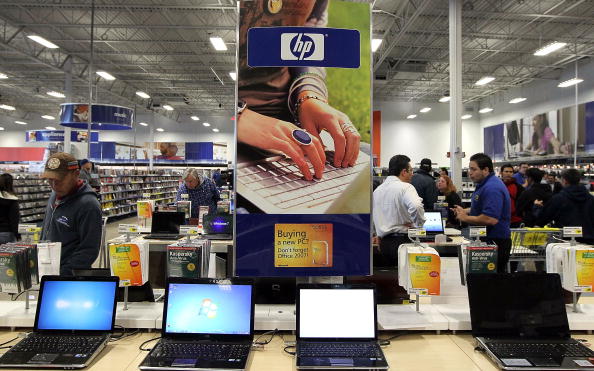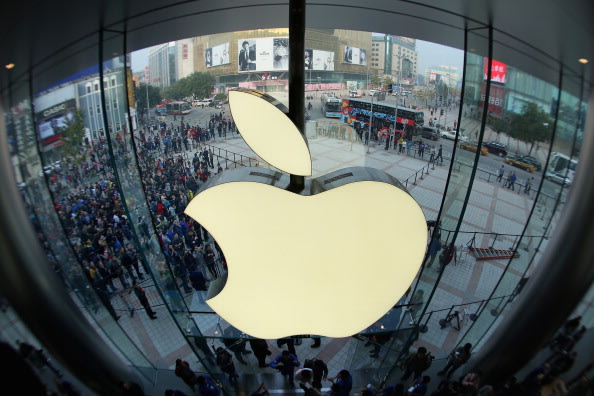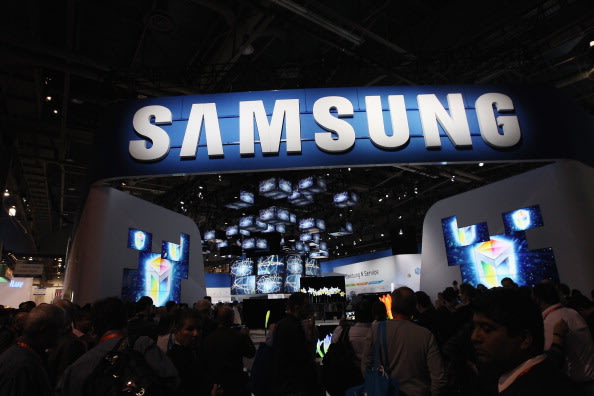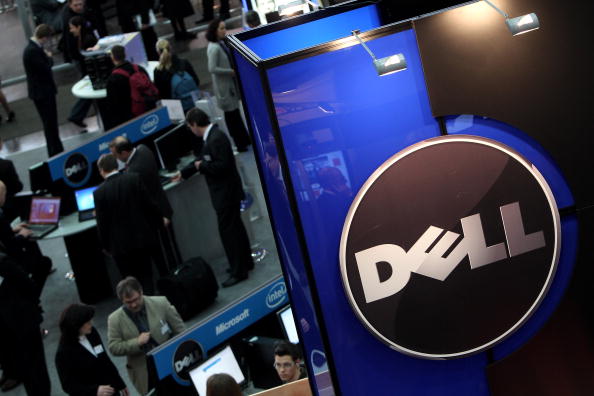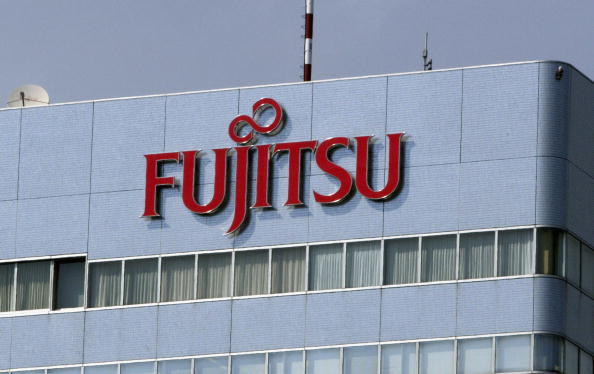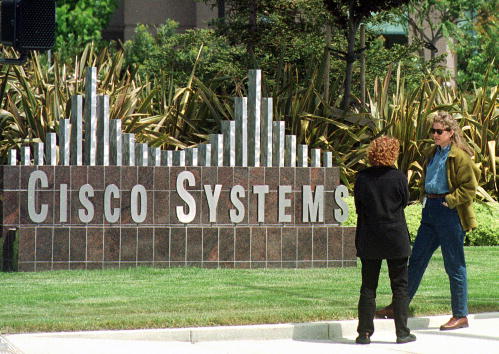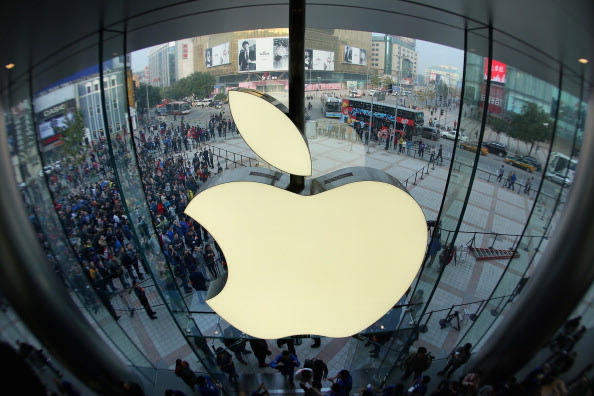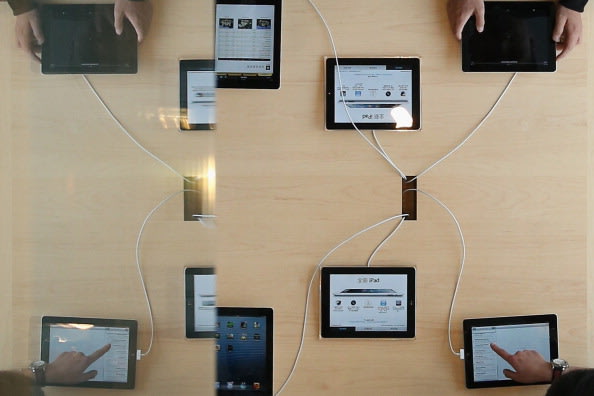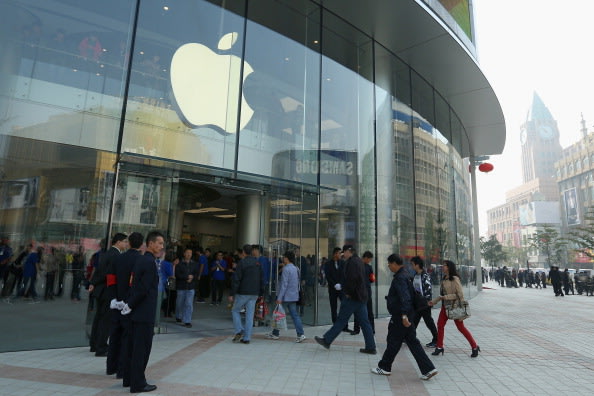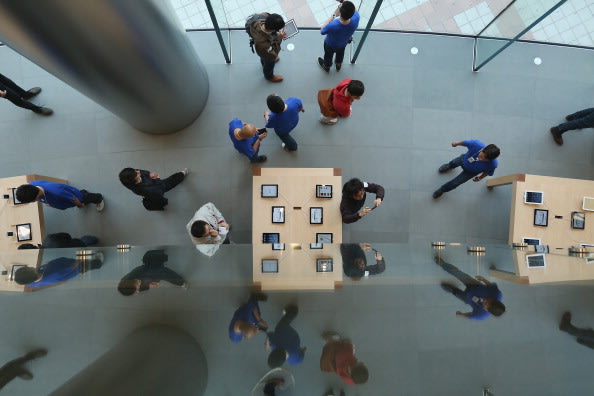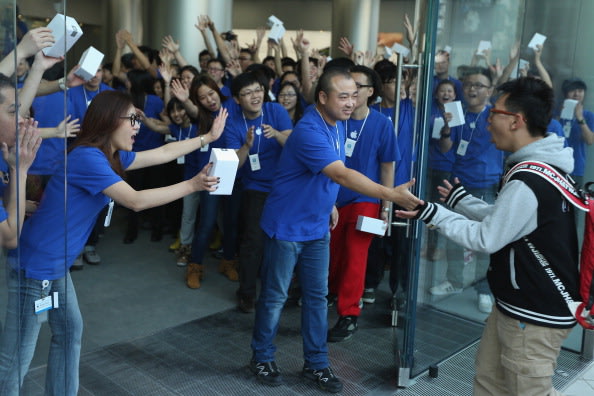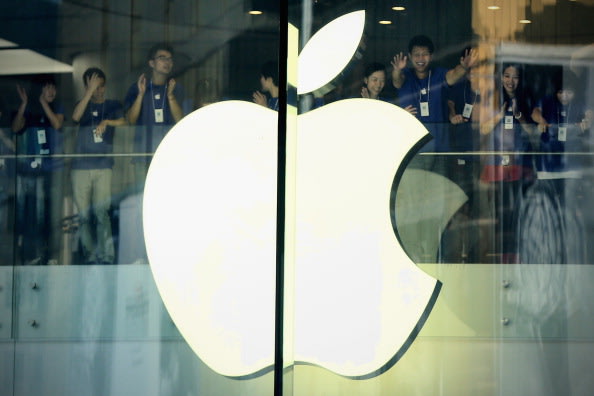A recent report conducted by United Nations is urging governments to discuss and implement surveillance regulations in order to prevent terrorists communicating online.

The United Nations claimed that although everyone recognizes the threat posed by terrorists use of the web, there is still no strategy to address this problem. It is said that the web can be used in many ways to support terrorism, for example to post propaganda, to train, to finance, and to plan. The United Nations even mentioned the platforms used by terrorists to arrange the acts, among which there were Facebook and YouTube.
In the meantime, the Internet should help fight terrorism rather than support it – for instance, to collect intelligence to prevent acts of terrorism, or to build a case for their prosecution. The UN report also acknowledges that too stringent anti-terrorism measures can cause problems with privacy and human rights, like tighter controls on Internet service providers to restrict access to content.
The UN suggests that member states should agree over retention of information by broadband provider, while policies vary across the world. The suggested strategy can involve developing a universal regulatory framework for regulations on all broadband providers.
At the same time, the report calls for greater use of surveillance in order to gather more data about the suspects and recommends for the governments to create clearer guidance on how private sectors ISPs help undertake electronic monitoring and surveillance on public communications.
The privacy and civil liberties campaign outfits agree that the web is a global entity, and such must be the action to address terrorism. Nevertheless, the report of the United Nations conflicts with the approach the UK’s Home Office currently employs. The privacy groups point out that preserving the data once someone is alleged of being involved in crime is a more proportionate measure than retaining data on everyone in the web just in case. In addition, the UN report recognized the role of judicial authorizations which lack from the UK’s policy at all.
The industry experts believe that this report is just a part of a complex debate, and while China is sitting on the security council of the United Nations, it can hardly have balanced civil liberties on the web.

The United Nations claimed that although everyone recognizes the threat posed by terrorists use of the web, there is still no strategy to address this problem. It is said that the web can be used in many ways to support terrorism, for example to post propaganda, to train, to finance, and to plan. The United Nations even mentioned the platforms used by terrorists to arrange the acts, among which there were Facebook and YouTube.
In the meantime, the Internet should help fight terrorism rather than support it – for instance, to collect intelligence to prevent acts of terrorism, or to build a case for their prosecution. The UN report also acknowledges that too stringent anti-terrorism measures can cause problems with privacy and human rights, like tighter controls on Internet service providers to restrict access to content.
The UN suggests that member states should agree over retention of information by broadband provider, while policies vary across the world. The suggested strategy can involve developing a universal regulatory framework for regulations on all broadband providers.
At the same time, the report calls for greater use of surveillance in order to gather more data about the suspects and recommends for the governments to create clearer guidance on how private sectors ISPs help undertake electronic monitoring and surveillance on public communications.
The privacy and civil liberties campaign outfits agree that the web is a global entity, and such must be the action to address terrorism. Nevertheless, the report of the United Nations conflicts with the approach the UK’s Home Office currently employs. The privacy groups point out that preserving the data once someone is alleged of being involved in crime is a more proportionate measure than retaining data on everyone in the web just in case. In addition, the UN report recognized the role of judicial authorizations which lack from the UK’s policy at all.
The industry experts believe that this report is just a part of a complex debate, and while China is sitting on the security council of the United Nations, it can hardly have balanced civil liberties on the web.




